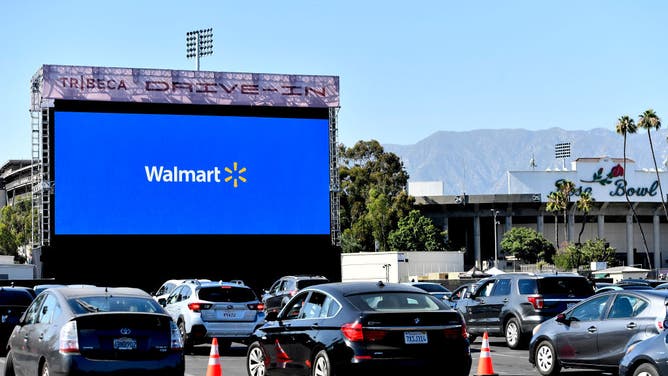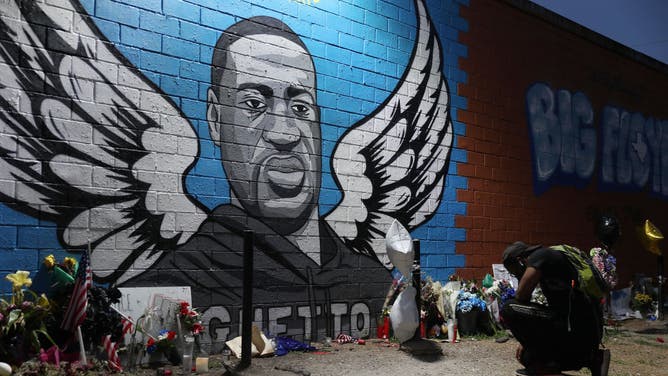Walmart Admits It Made Bad Business Decisions With George Floyd Activism
In 2020, Walmart pledged to expand in Chicago as part of a corporate racial justice initiative in the wake of George Floyd’s death.
Walmart declared efforts in Chicago a “critical part” of a broader $100 million pledge to advance "racial equity."
The retailer vowed to increase its presence in minority areas of the city.
“Chicago will be an example of what’s possible when we leverage business, government and community organizations for the good of all,” Walmart CEO Doug McMillon said in 2021.

But today, Walmart pulled a reversal. The company announced this week it would close four poor-performing stores out of the eight in the city.
Three of the location are located in Chicago’s South and West Side neighborhoods, predominantly minority areas.
#RaciaEquity.
Like other corporate brands, Walmart injected itself into the so-called racial reckoning for its own status gain.
We will not stand for racism. We are expanding in black communities.
Expanding in Chicago in the name of George Floyd was hip, progressive and anti-racist. The idea likely bought Walmart some time before some critic called it racist. (Everyone is called racist eventually.)
Undoubtedly, at least a few notable blue checks retweeted Walmart's pledge.

HOUSTON, TEXAS - JUNE 08: Joshua Broussard kneels in front of a memorial and mural that honors George Floyd at the Scott Food Mart corner store in Houston's Third Ward where Mr. Floyd grew up on June 8, 2020 in Houston, Texas. The funeral and burial for George Floyd will be held June 9. Floyd died on May 25th while in Minneapolis police custody, sparking nationwide protests. (Photo by Joe Raedle/Getty Images)
But there's one initiative that corporations care more about than perception: the bottom line. Expanding in Chicago was never plausible.
Leading retailers struggle to expand in major cities. As retail professor Ray Wimer explained to CNN, the benefits of Walmart’s ability to drive down costs and keep prices low are less effective in cities.
"Walmart’s typical 180,000 square-foot supercenter model is not as well suited for urban neighborhoods as it is for suburban and rural areas," writes CNN.
Specifically, urban locations carry higher rents and thus need to hit higher sales targets to break even. Walgreens, CVS, Starbucks and Whole Foods have faced similar challenges in blue cities.
Retail brands in said cities also experience higher levels of theft. In fact, Walmart recently departed Portland following a spike in “shrink,” an industry term for losses related to in-store theft or fraud.
Blue cities have also increased reliance on online shopping with a rise in remote work, shrinking foot traffic.
Ironically, long-term lockdowns hurt the expansion of retail in areas claiming to need "racial equity."
Ultimately, Walmart made an unsound business decision with its George Floyd activism. Three years later, the store admits so.